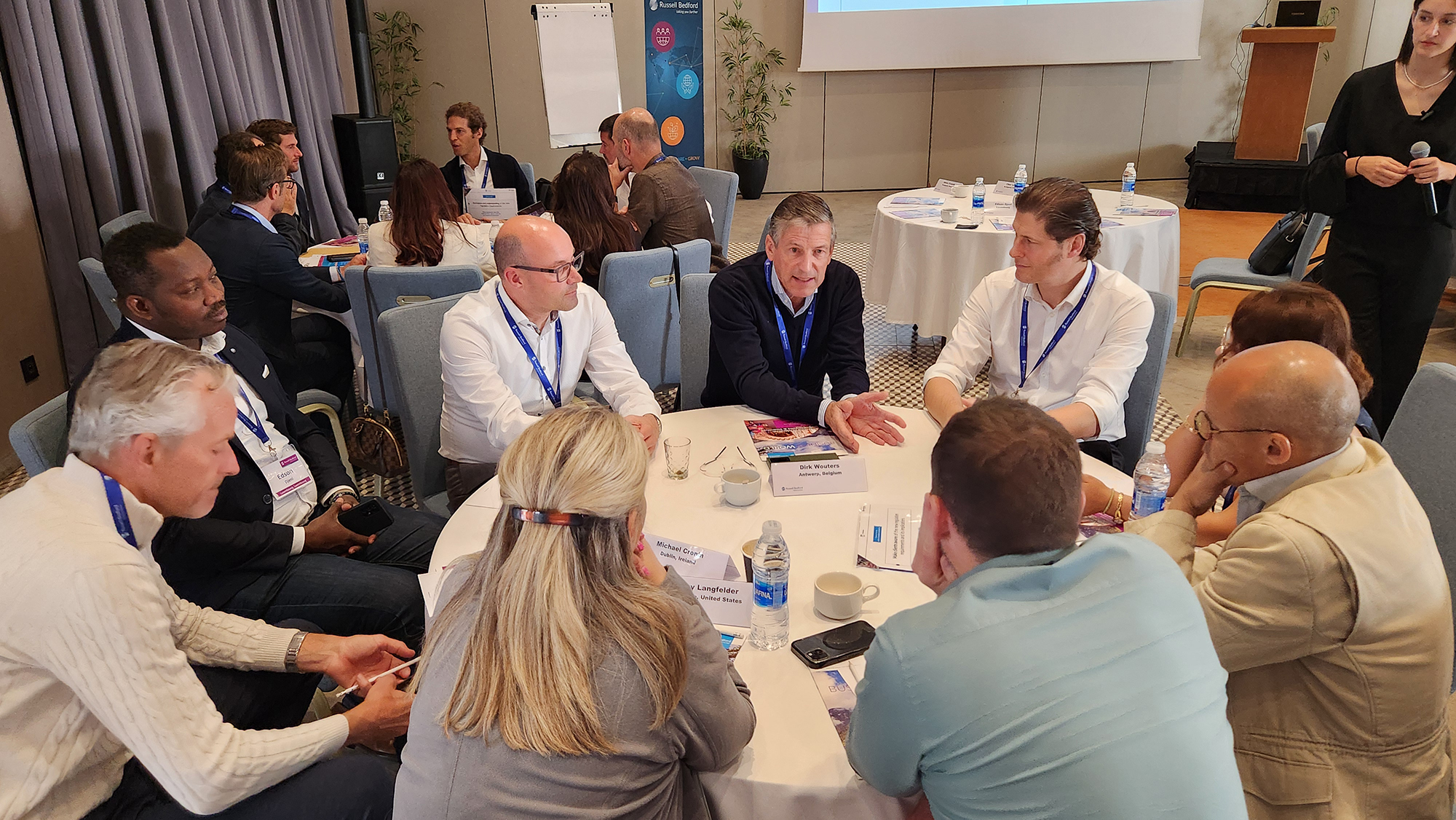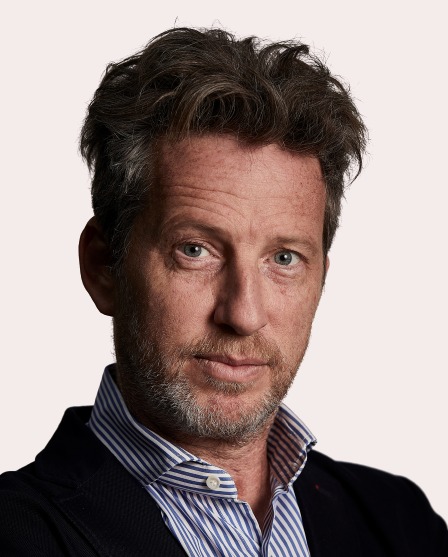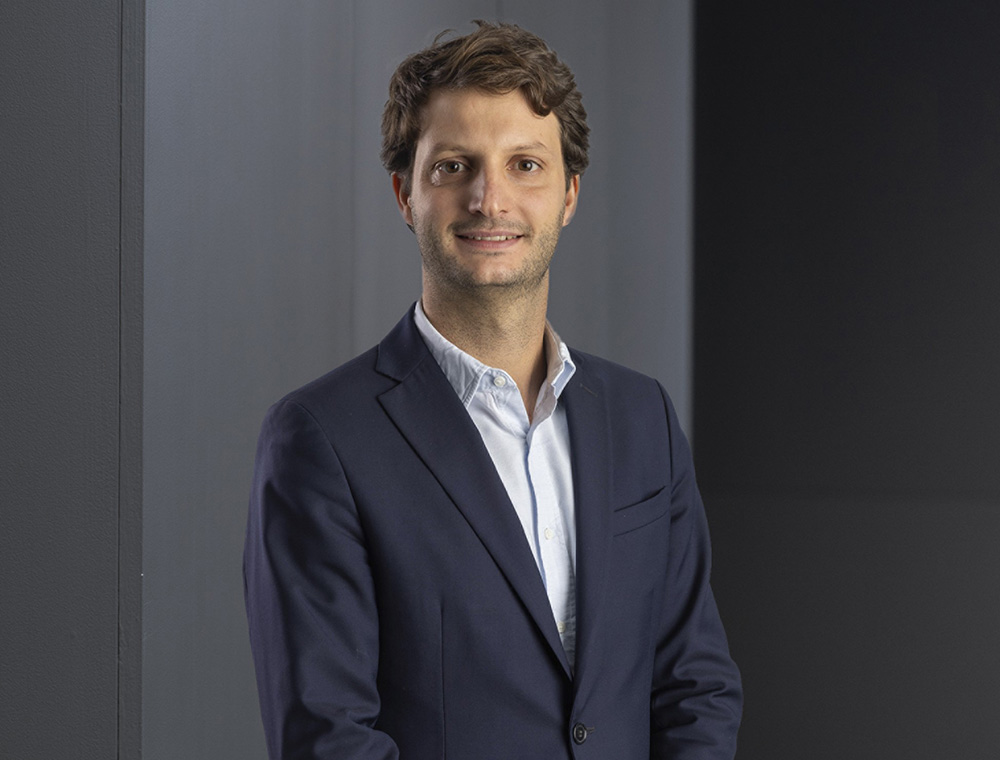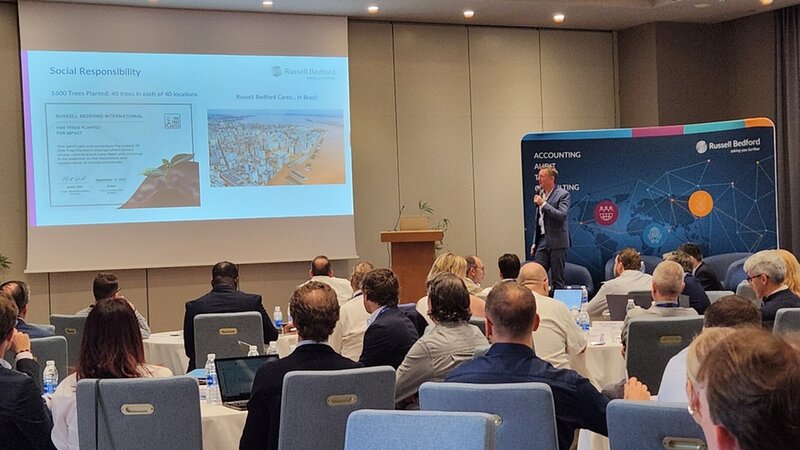Russell Bedford - Thought Leadership: ESG risk and reporting
The impact of climate change and how organisations can move towards sustainability
Senior leaders at Russell Bedford International analyse risks associated with climate degradation and evaluate how a hard-hit insurance industry can prepare, respond and educate through Centres of Excellence to protect communities and economies towards a sustainable future.

Climate change is no longer a distant threat. The past decade included the hottest years on record, with an increase in extreme weather events such as floods, heat waves, wildfires, and rising sea levels. The World Economic Forum’s Global Risks Perception Survey (GRPS) of nearly 1,500 global experts ranked extreme weather events as the second-most significant risk in the short term and predicted it would be the top risk in ten years.
Human-caused climate change and its ripple effects
According to NOAA (National Oceanic and Atmospheric Administration), 2023 was the hottest year on record, with temperatures 1.35ºC higher than the average reached for the period 1850-1900.The rise in extreme weather, combined with human-caused environmental degradation, is creating a social, environmental, and economic crisis. Climate change is now one of the leading causes of worsening global hunger, poverty, inequality, and displacement. In 2020 alone, disasters displaced 30.7 million people worldwide, mostly due to storms, cyclones, hurricanes, and floods, according to the Internal Displacement Monitoring Centre (IDMC).
Disrupting ecosystems
Global warming is also having a dramatic impact on ecosystems. The delicate balance of natural habitats is being thrown off, leading to unpredictable and more intense climate events that affect larger areas. According to the Swiss Re Institute, 2023 saw a record 142 extreme natural disasters, representing a 90% increase from the previous five-year average and double that of the previous decade.
Risk consequences of climate change
Environmental, Social, and Governance (ESG) risks are becoming increasingly relevant, as highlighted in the Global Risks Report 2024 by the World Economic Forum (WEF). Their Global Risks Perception Survey (GRPS) of nearly 1,500 global experts ranked extreme weather events as the second-most significant risk in the short term and predicted it would be the top risk in ten years. This is accompanied by other environmental risks, such as critical changes in Earth's systems, loss of biodiversity, ecosystem collapse, and resource scarcity.
In terms of current and potential risks associated with business activity, the Allianz Risk Barometer 2024 considers natural disasters and climate change as significant risks. Globally, natural catastrophes are ranked third, and climate change is seventh. However, in some regions, such as Argentina, climate change and environmental risks are more prominent.
Sustainability regulations: a global shift
International organisations and entities have been working for years to address these mounting risks by implementing sustainability regulations. A major leader in this effort is the European Union with its "European Green Deal," which has driven a wave of regulatory changes over the past two decades.
A major focus of these regulations is sustainability reporting. Both public and private companies are now expected to provide transparent information about their social and environmental impact and the measures they are taking to address it. This forces companies to analyse themselves from the perspective of double materiality: impact materiality and financial materiality.
Impact materiality consists of evaluating how the company and its operations are directly and indirectly (through its value chain) impacting the environment in aspects such as resource consumption, pollution and emissions.
On the other hand, financial materiality aims to understand which sustainability matters may trigger material financial risks and opportunities for the company, influencing its cash flows, development performance, cost of capital, or access to finance in the long term.
The exercise of transparency in sustainability is crucial, as stakeholders want to know how businesses are managing risks and how they are setting objectives to remain viable in the long term.
Climate change’s impact on insurance
One of the hardest-hit industries by climate change is insurance. Daniel Ryba, Global Chair of Russell Bedford International, a partner at Russell Bedford Argentina and an insurance industry expert, notes that over the last four decades, insurance payouts for climate-related claims have quadrupled. Climate catastrophes are now the third largest risk for non-life insurance and the second largest for reinsurance.

Daniel Ryba,
Global Chair of Russell Bedford International
“In the transition to a sustainable economy, insurance and reinsurance companies are “key” players in the economic system, given their core risk underwriting activities that provide protection to households and businesses and their role as institutional investors,” said Daniel. He draws attention to the environmental, social, and governance impact that climate change has on the insurance industry and says that for insurers, “this means integrating the effects of climate change more fully into underwriting, investment, and customer and supplier selection decisions and creating new products to meet emerging customer needs.”
The Swiss Re Institute reports that, globally, insured damages from natural disasters have exceeded $100 billion for four consecutive years. This trend is expected to worsen, with catastrophic event-related losses potentially doubling over the next decade. To offset these costs, insurance premiums have been rising, making it harder for low-income individuals and businesses to afford adequate coverage.
To adapt, insurers are incorporating climate risk into their underwriting and investment strategies. Some, like AVIVA, have stopped insuring new fossil fuel projects and instead offer products that support renewable energy initiatives, such as wind and solar farms. Allianz has integrated sustainability policies into its investments and asset management solutions by investing resources into decarbonising its portfolio. These strategies reflect a broader trend of insurers adjusting their portfolios to meet customer needs and support sustainability.
Responding to more insecurity with more sustainability
As climate change worsens, the world becomes a riskier and more insecure place. Vulnerable populations, especially those with lower purchasing power, are the most affected. Nando Agustí, Senior Manager at GNL Russell Bedford, warns that “without preventive measures of adaptation and correction, societies will be doomed to face greater poverty and instability.”

Nando Agustí,
Senior Manager at GNL Russell Bedford
“It is therefore important for organisations to take action in promoting sustainable practices,” says Nando.
Global networks such as Russell Bedford International offer a means of communication and collaboration in the setting of goals and the sharing of knowledge and skills to meet the requirements of sustainability regulations.
Leadership in sustainability: setting clear objectives
Russell Bedford firms are encouraged to develop clear sustainability objectives. These objectives can include having an expert and multidisciplinary team, having continuous training and upskilling in sustainable practices, introducing up-to-date service delivery in line with new sustainability regulations, and sharing knowledge and best practices across the network.
GNL Russell Bedford in Barcelona is a leading example of how firms can develop sustainability objectives. At the Russell Bedford International Tax and EMEA Conference 2024 in Marrakesh, Senior Consultant in Sustainability and Impact, Anna Peláez, emphasised that “while meeting new sustainability regulations can be challenging, these challenges can become opportunities for increased collaboration and innovation, as well as triggers for business understanding and development.”

Anna Peláez,
Senior Consultant in Sustainability and Impact at GNL Russell Bedford
Firms like GNL Russell Bedford demonstrate how sustainability can be integrated into core business strategies, serving as a model for other companies around the world. See the accompanying case study, Russell Bedford International in Barcelona: objectives for sustainability, for how they have set out areas of focus for objectives in keeping sustainability at the forefront of their company mission.
Leading by example: creating a sustainable future
Russell Bedford International’s Centres of Excellence, including its Social Impact Committee, prioritises sustainability. Initiatives such as removing gift bags from events and reallocating the budget to charity, the network’s 40th-anniversary tree planting campaign, which saw 1,600 trees planted in 40 countries, and the annual "Russell Bedford Cares" initiative reflect the commitment to building a sustainable future.
To keep the momentum going, Russell Bedford International celebrates its achievements across the network. The annual taking you further day is dedicated to showcasing the network’s outstanding projects undertaken by member firms throughout the year to support sustainability initiatives, benefit local communities, and inspire positive change within the network and beyond.
Stephen Hamlet, Russell Bedford International CEO encourages all firms in the network to “embrace their role in supporting sustainability initiatives to combat issues such as climate change and reducing our impact on the environment. By coming together across the network to share our knowledge and expertise we build up best practices which can become routine and so create an even more positive and natural impact on the world.”

Stephen Hamlet, CEO of Russell Bedford International discusses Social Responsibility at the Russell Bedford International Tax and EMEA Conference 2024
A network for change: collaborating for a sustainable future
Russell Bedford International believes that collaboration is key to building a more sustainable future. By bringing firms together, we can establish clear objectives and action plans to make real progress on sustainability. To strengthen these efforts, the network is looking to team up with more sustainability experts and consultants in the field. This will be a major focus at the upcoming Annual Global Conference 2024 in Rio de Janeiro, where the aim is to drive further progress on sustainability initiatives.
By working together and sharing expertise, companies can gain a clearer understanding of how they affect society and the environment. This enables them to take meaningful steps in contributing to the development of a sustainable global economy and inspiring positive change worldwide.
Stephen further commented, "passion is the driving force behind this. More people are becoming involved in the accounting profession from sustainability-related avenues, particularly younger generations, wanting to make a real difference in addressing Environmental, Social and Governance issues; not because of regulatory compliance requirements, but because it is something they feel truly passionate about.”
The path forward is clear: sustainability is not just a trend, but an essential strategy for long-term resilience and success. Through leadership, transparency, and passion, organisations and networks can help drive the global transition towards a more sustainable future - ensuring both their own viability and the wellbeing of generations to come.
Main image: Russell Bedford International member firms discuss ISSA 5000 at the Russell Bedford International Tax and EMEA Conference 2024